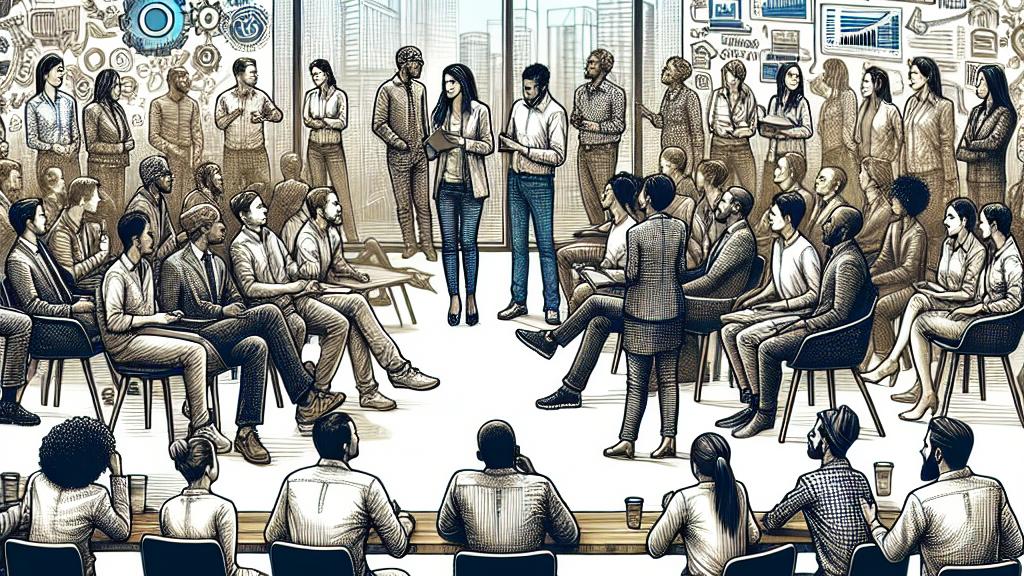Meta Stops DEI Programs: What It Means for Diversity
Overview
- Meta has announced its controversial decision to discontinue Diversity, Equity, and Inclusion (DEI) programs.
- This shift marks a significant move towards right-leaning corporate ideologies amidst changing political climates.
- The implications of this decision raise urgent questions about the future of diversity in corporate America.

Meta's Dismantling of DEI Initiatives
On January 11, 2025, Meta, the influential company behind platforms like Facebook and Instagram, made headlines by revealing its shocking decision to dismantle its DEI programs, which were implemented to cultivate an inclusive workplace. Janelle Gale, the Vice President of Human Resources, cited shifting legal landscapes and political pressures as justifications for this bold move. Critics, however, have voiced alarm, suggesting that this retreat could undo years of progress toward inclusivity. For instance, research shows that companies committed to DEI not only foster a more vibrant workplace but also see tangible benefits in creativity and innovation. Therefore, one must ask: What are the far-reaching consequences of this choice?
Political Context and Corporate Strategy
Meta's decision is not an isolated incident; instead, it reflects a growing trend among corporations responding to political shifts in the United States, particularly those inspired by the Trump administration's ideals. Several media outlets have noted the strong implications of this pivot, suggesting Meta's withdrawal from DEI initiatives signals a broader retreat from inclusivity across various industries. Companies such as Walmart and McDonald’s are also reconsidering their diversity efforts, leading to a potential cultural regression within corporate America. This turn of events creates a challenging environment for employees who previously felt empowered by diversity initiatives, raising fears of diminished support for underrepresented groups.
Understanding the Broader Implications
Analyzing the motivations behind Meta's withdrawal from DEI programs unveils a complex landscape of corporate values. Gale's mention of criticism surrounding perceived favoritism in DEI practices invites scrutiny—how can organizations embrace fairness while overlooking systemic biases? By eliminating diverse candidate lists and moving away from representative goals, Meta seems to prioritize a narrow interpretation of merit. However, global research consistently highlights that diverse teams outperform their peers, offering innovative solutions and unique perspectives that drive success. The implications of this pivot are profound, as they may signal a shift away from the values of equity that should define modern workplaces.
Looking to the Future: Risks and Opportunities
As we foresee the future, the potential implications of Meta's decision to roll back its DEI initiatives can be alarming. While the argument asserts that a ‘fair’ hiring process could yield better outcomes, it simultaneously risks ignoring the critical need to address entrenched inequalities faced by underrepresented groups. If these trends continue unchecked, Meta could inadvertently create a workplace dominated by uniformity, stifling the very innovation it seeks to encourage. According to studies, diverse teams lead to improved decision-making and creativity—an open environment where varied insights can thrive is essential. Moreover, the morale of employees who advocate for inclusion could suffer tremendously, dampening hope for a truly diverse and inclusive culture.

Loading...